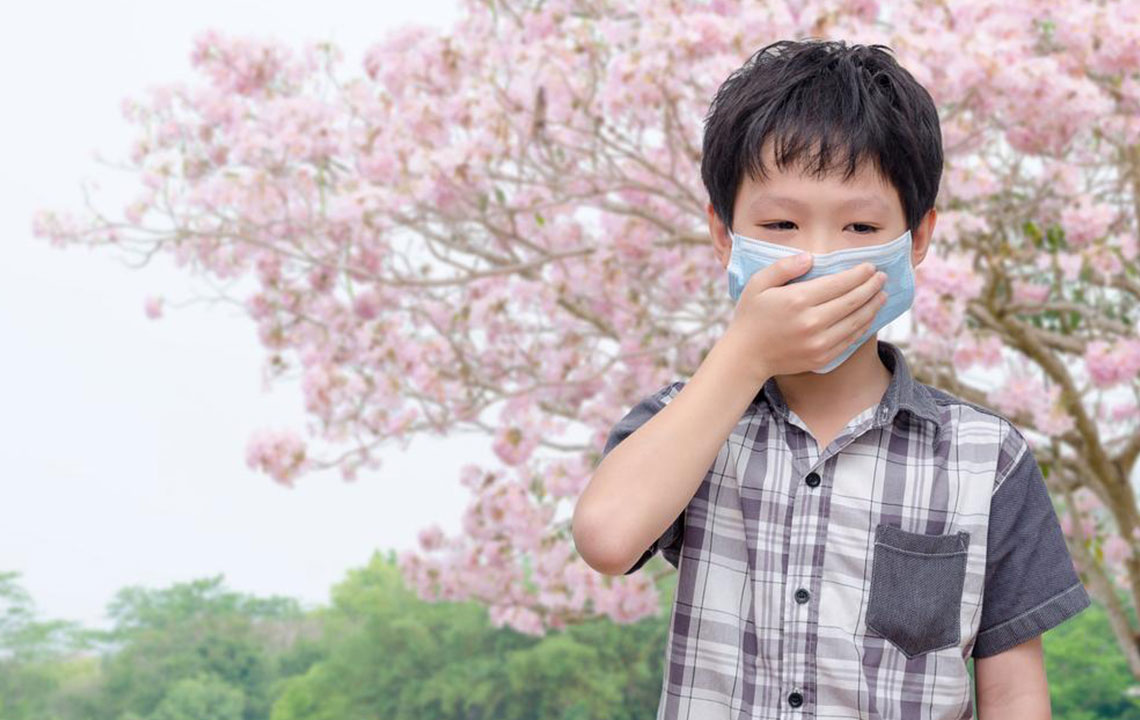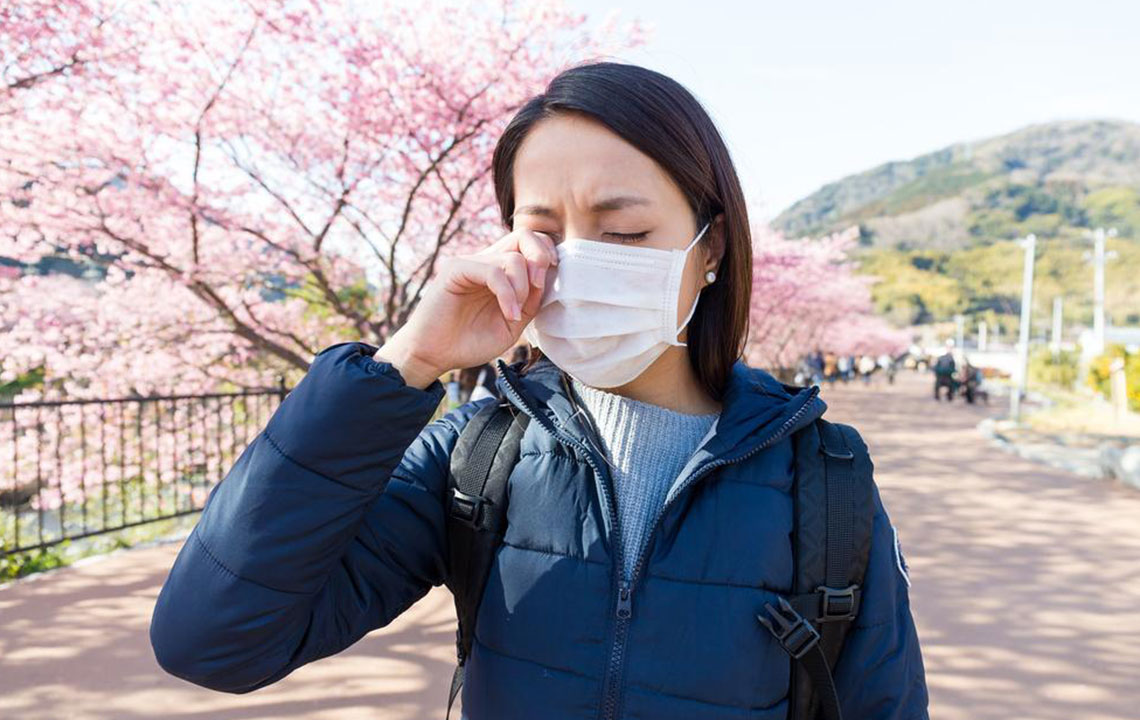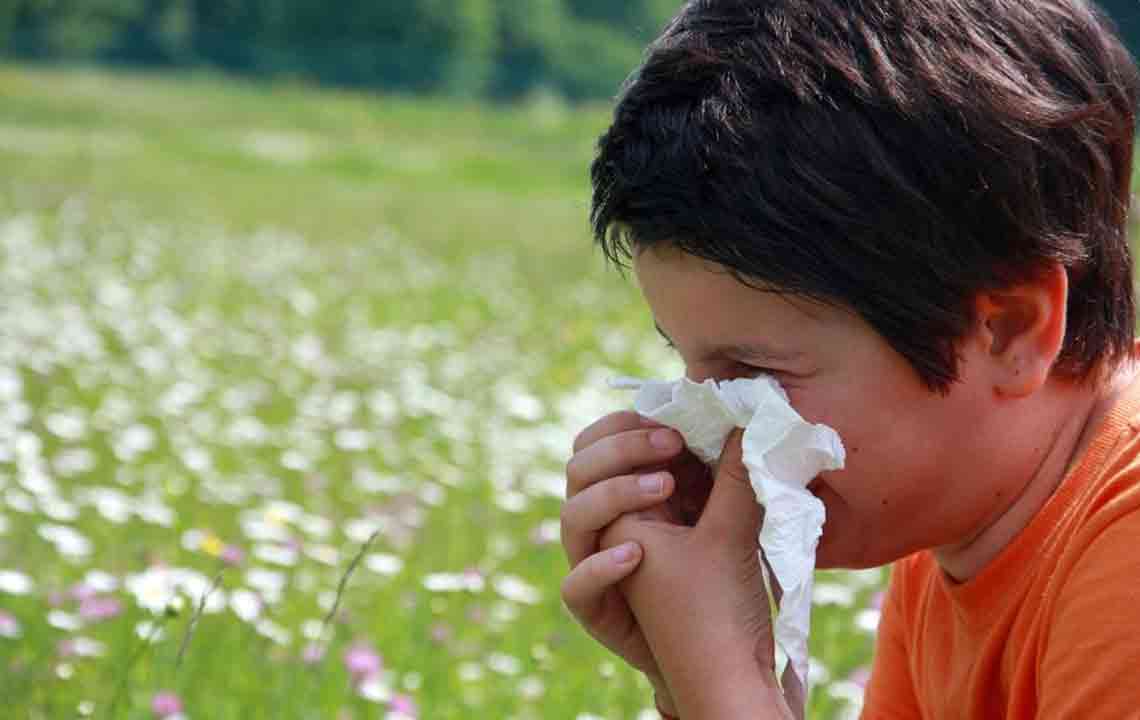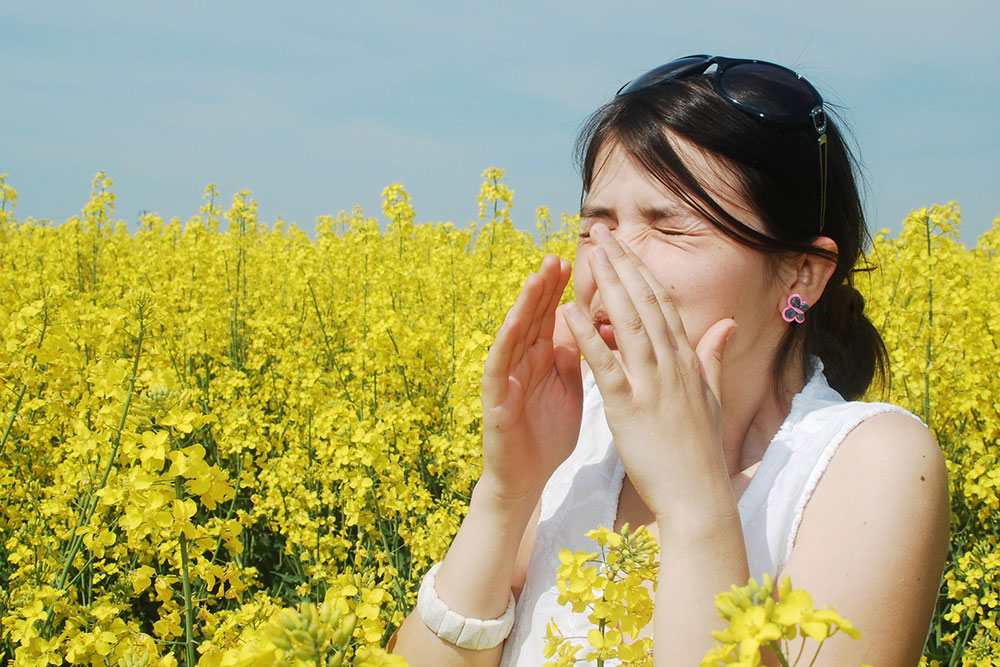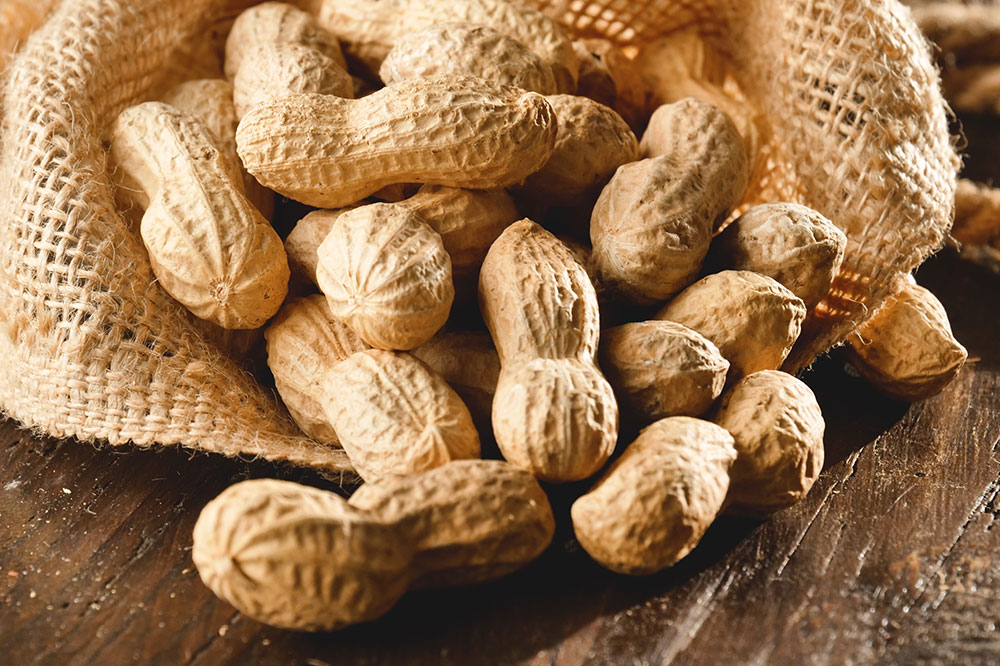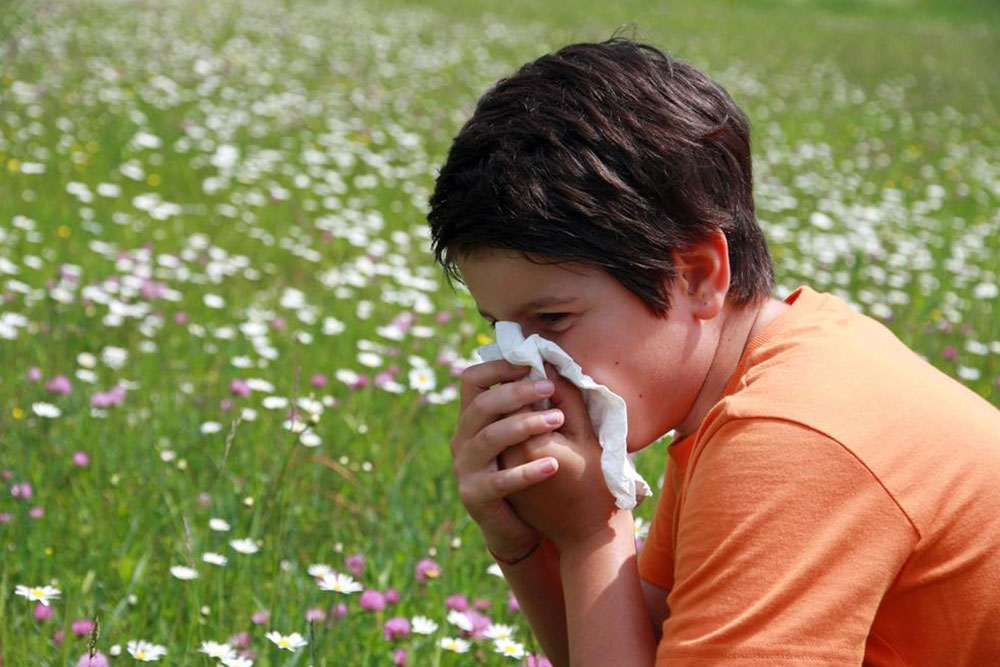Identifying the Top 7 Indicators of Spring Allergies
Discover the top 7 signs of spring allergies, including symptoms like runny nose, sneezing, and itchy eyes. Learn effective remedies and long-term treatment options such as immunotherapy to manage allergy symptoms during the blooming season. Early identification and proper care can help you enjoy spring without discomfort.
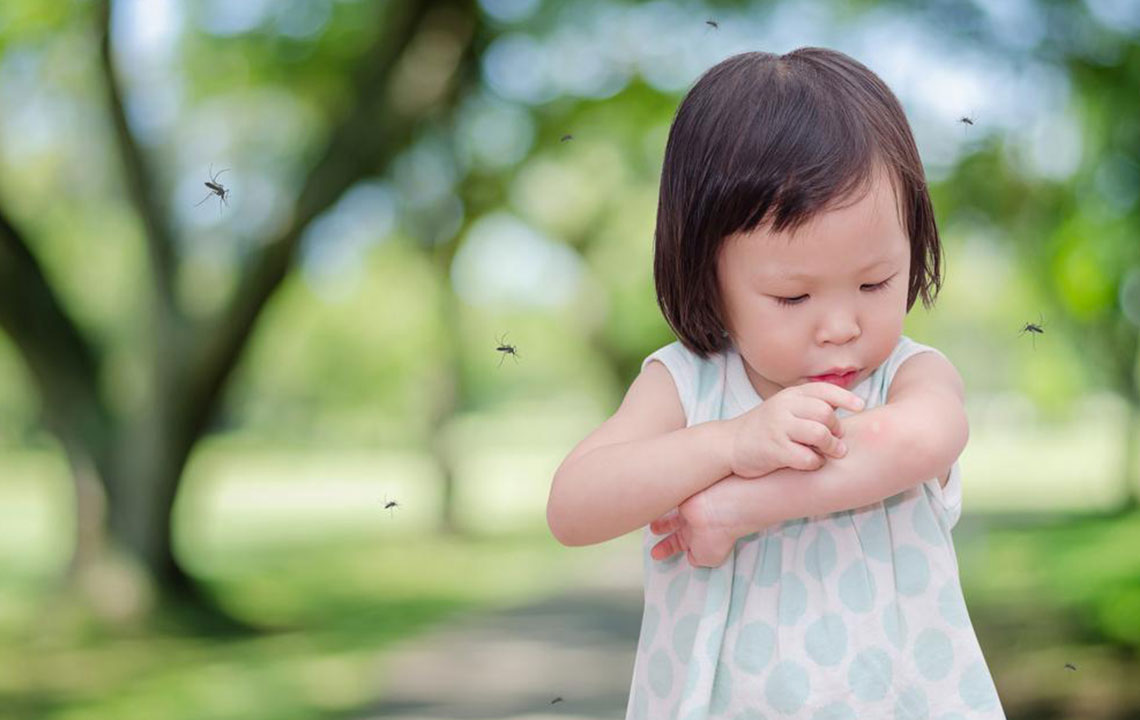
Top 7 Signs of Spring Allergies
Spring marks a season of blooming flowers and lush greenery, showcasing nature in full splendor. During this time, plants and trees emit pollen to reproduce, but for some individuals, this triggers allergic reactions. Common offenders include alder, ash, aspen, cypress, elm, oak, olive, and many other species. Genetics can also influence susceptibility, making some people more prone to allergy symptoms during spring.
When exposed to allergens like pollen, the immune system responds by producing antibodies called immunoglobulins, leading to allergy symptoms that affect the nose, eyes, throat, and lungs. Recognizing early signs can help in managing discomfort effectively. Here are some typical spring allergy indicators:
Runny Nose
A frequent, watery nasal discharge is a hallmark of spring allergies. Keep tissues handy, and consider using saline nasal sprays or steam inhalation to ease congestion. Prepare a mix of salt and baking soda in distilled water for nasal rinses to clear out allergens. Steam therapy, like boiling water and breathing over it under a blanket, also relieves nasal blockage.
Sneezing
Persistent sneezing upon allergen contact occurs due to histamine release. Over-the-counter antihistamines can reduce sneezing and sniffling. Decongestants and nasal sprays are effective options to relieve blocked nasal passages.
Itchy, Burning Eyes
Allergens can cause burning sensations and swelling around the eyes. Using lubricating eye drops can soothe irritation. Cold water rinses and sufficient rest help reduce eye redness and discomfort.
Watery Eyes
Itching eyes often lead to watering. Frequent washing with cold water and proper rest can alleviate symptoms and prevent further irritation.
Coughing
Respiratory pathways may become congested, causing coughing. Steam inhalation or sauna sessions can open airways and provide relief, especially if the cough worsens without treatment.
Itching in Eyes and Nose
Itchy sensations in these areas are common. Home remedies and antihistamines can ease discomfort, but consulting a healthcare professional is advisable for persistent issues.
Allergy Immunotherapy
Long-term management includes allergy shots (SCIT), which help train the immune system to tolerate allergens. Administered weekly over several months, these treatments may last three to five years and significantly reduce allergy severity.
Note:
The information shared on our platform covers a variety of topics for educational purposes. While our research offers useful insights, it should not replace professional medical advice. The website cannot be held responsible for inaccuracies or discrepancies, and some offers or schemes may differ from those discussed.

